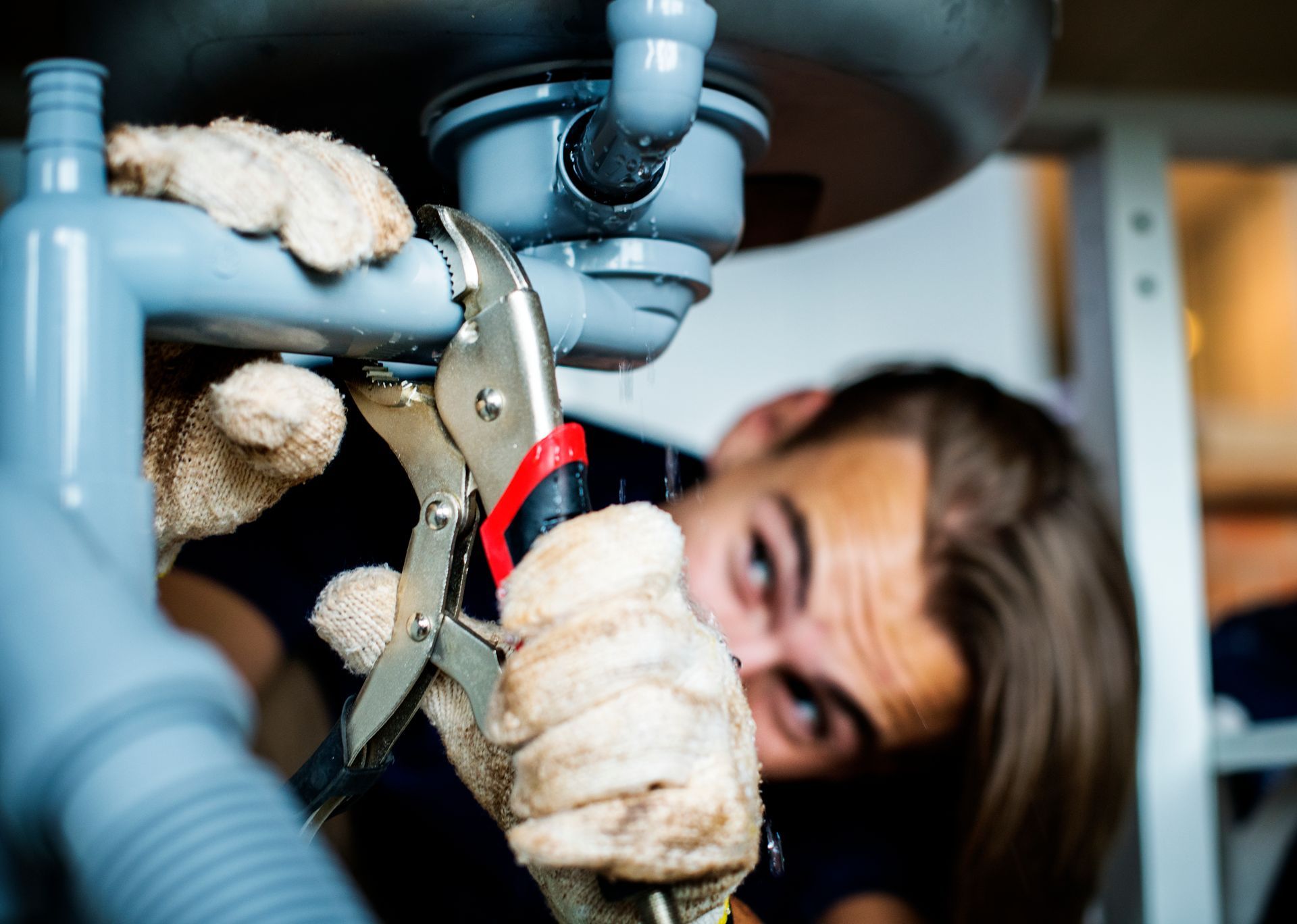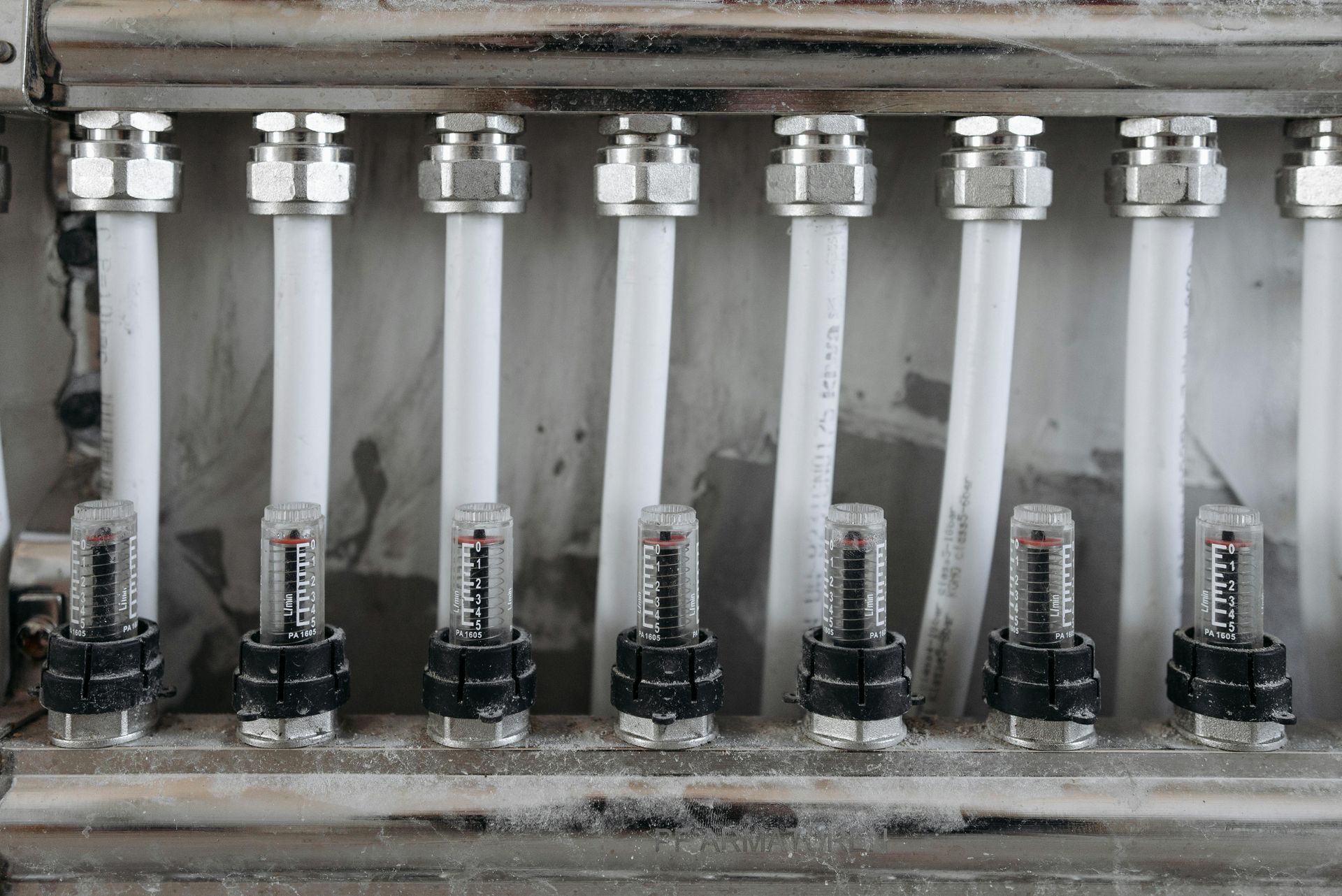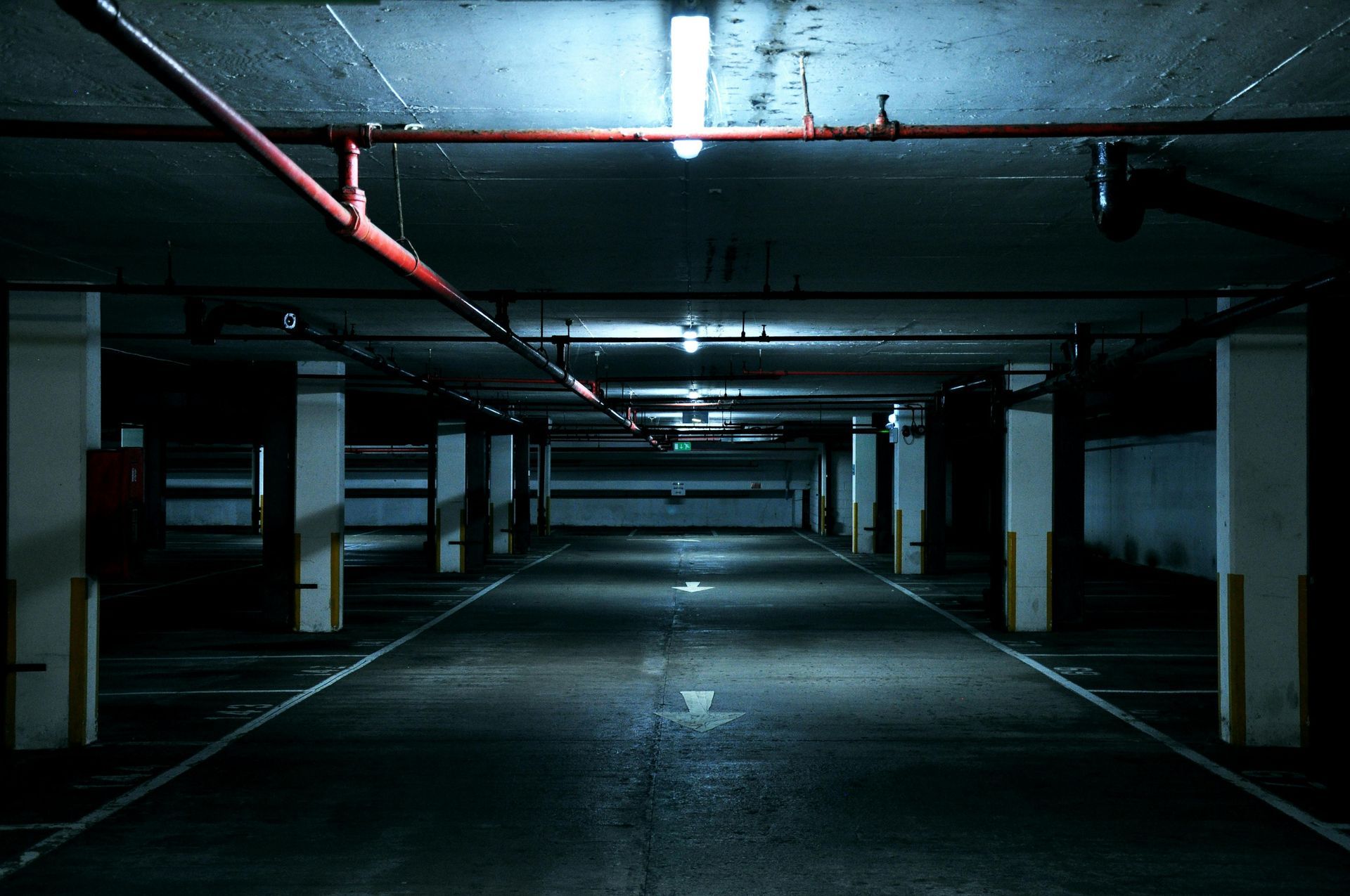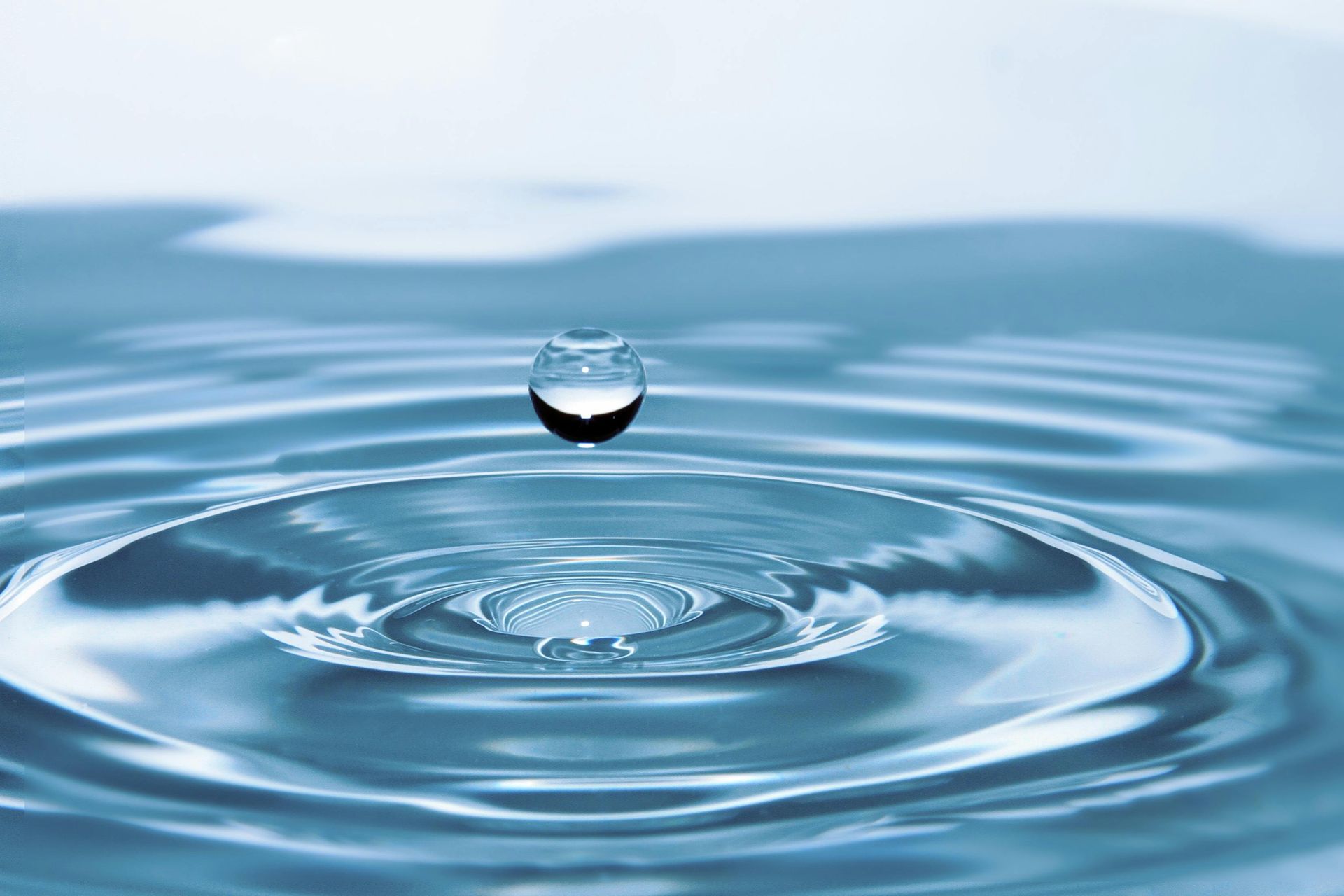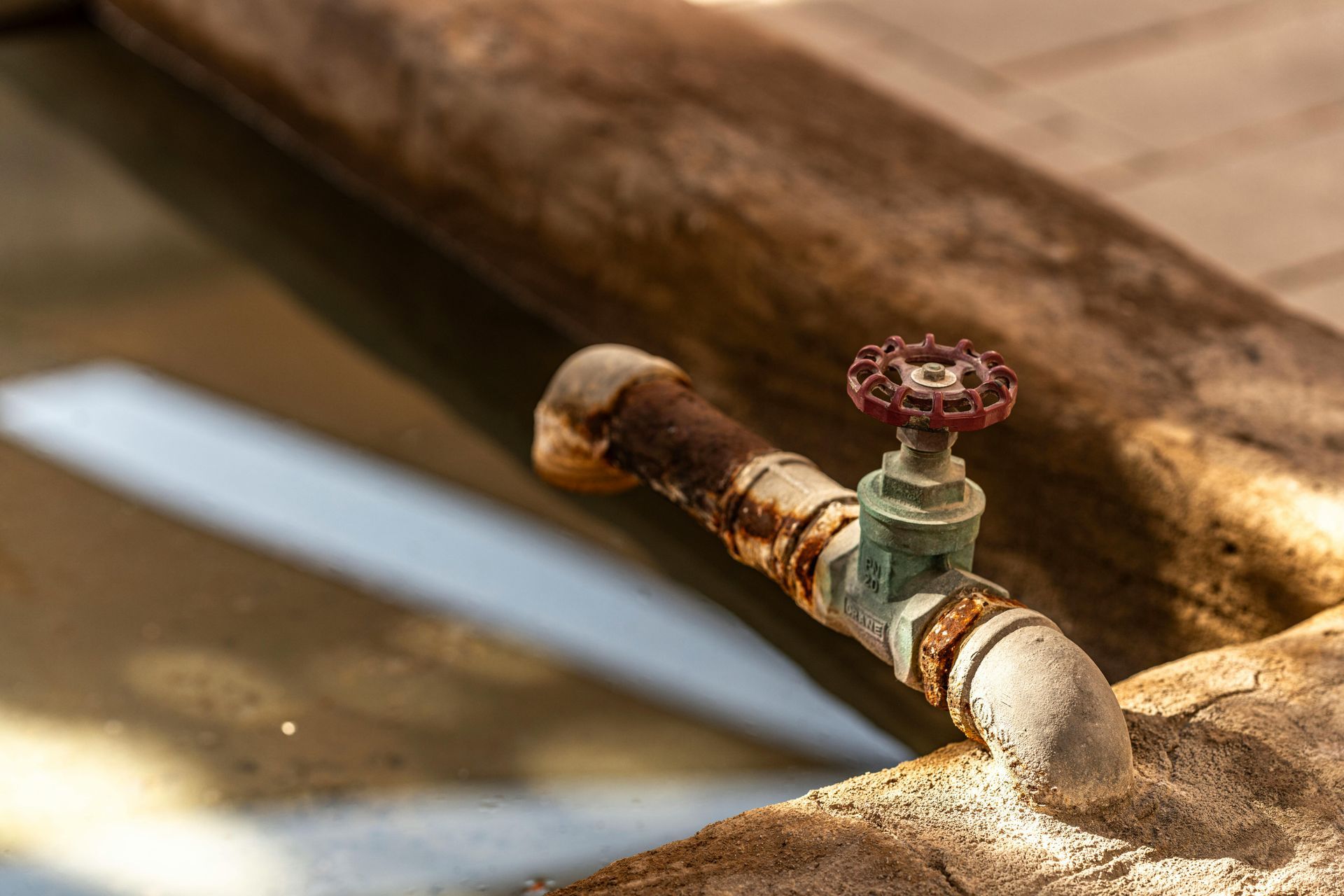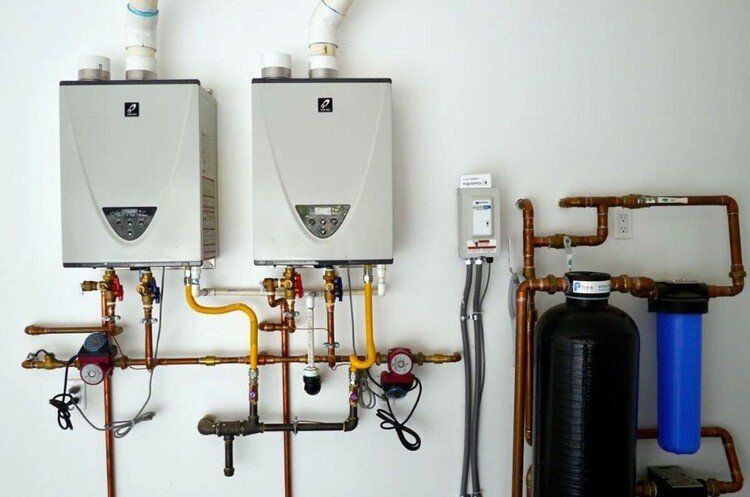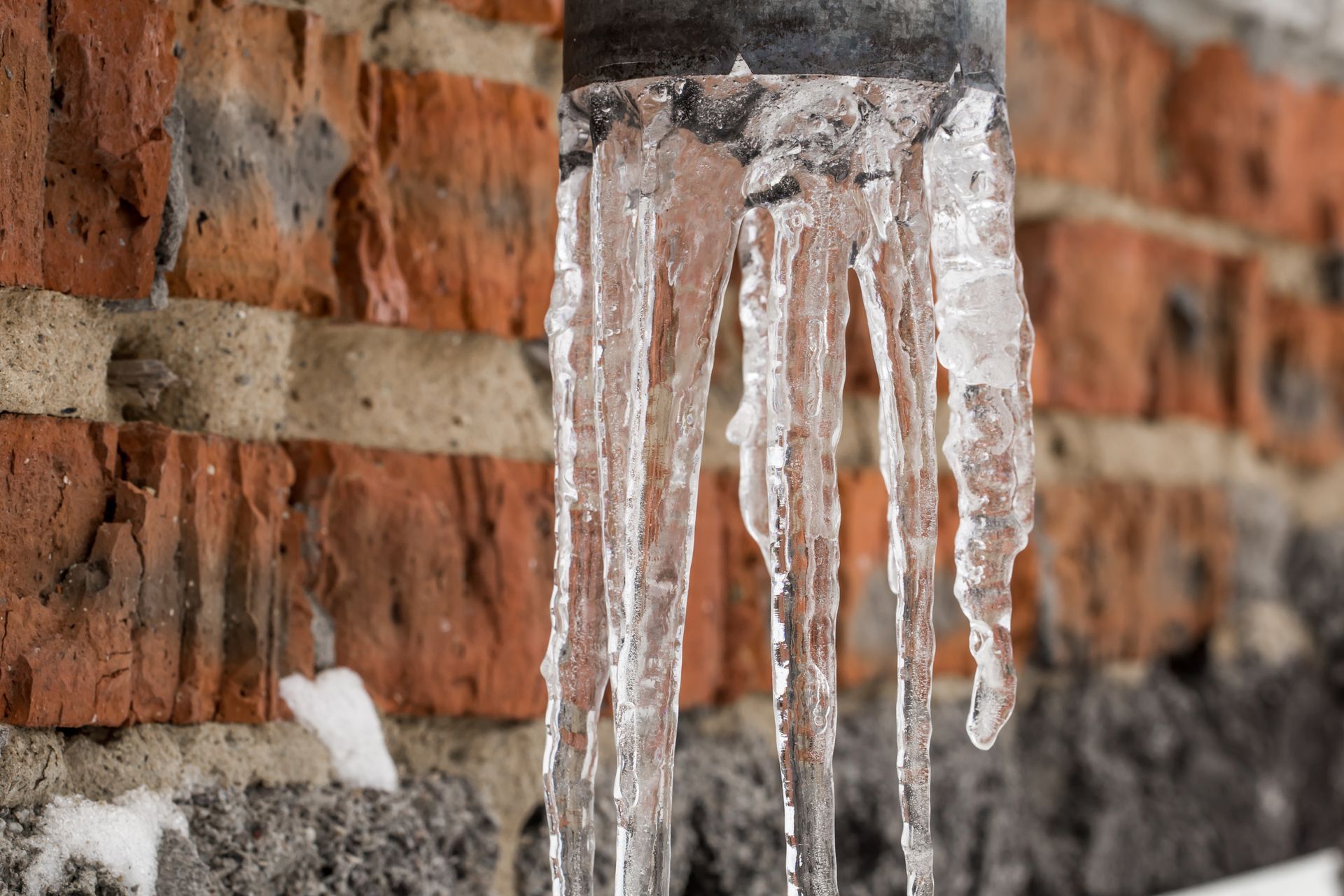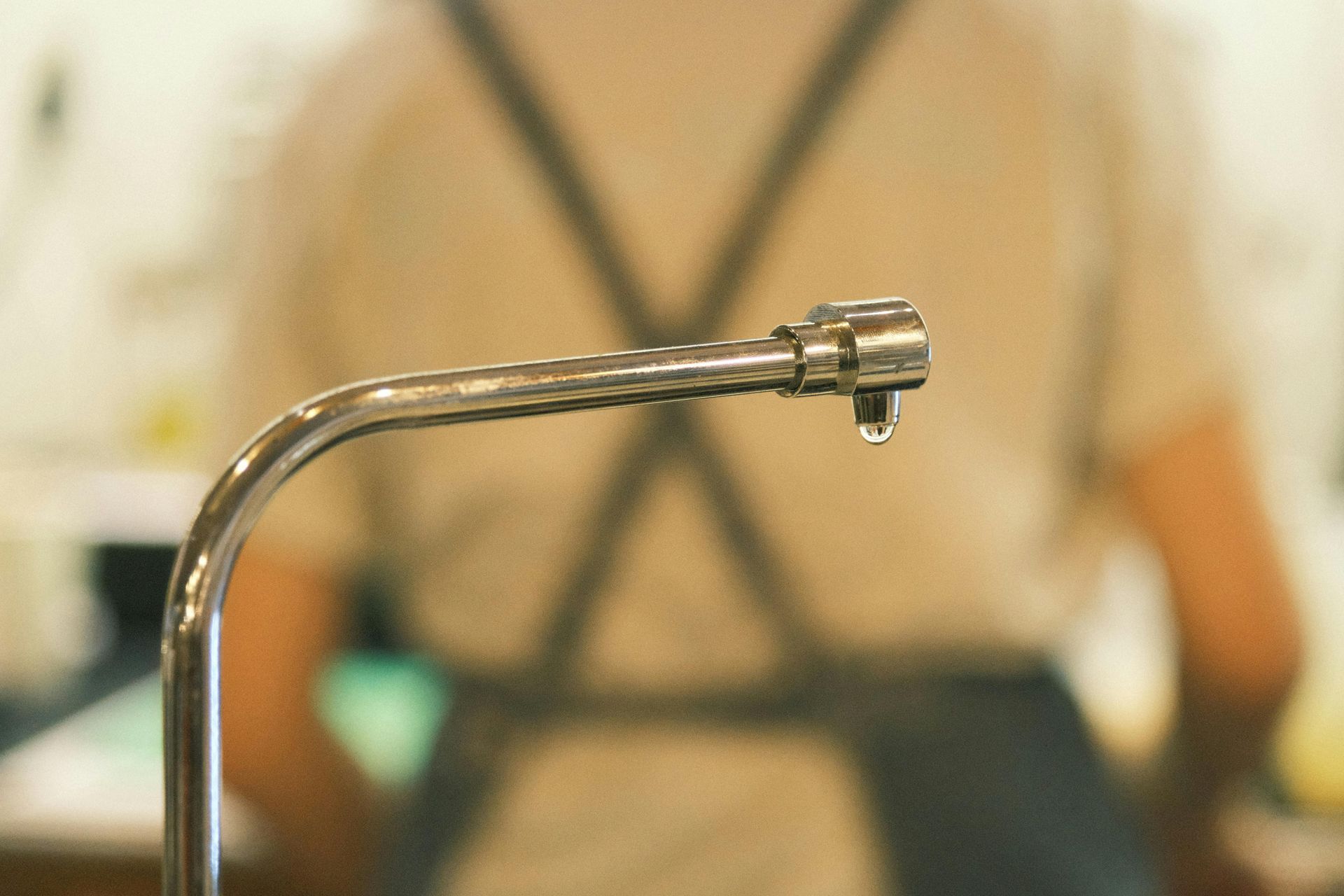The Benefits And Drawbacks Of Solar-Powered Water Heaters
As the demand for sustainable living and energy-efficient solutions grows, solar-powered water heaters have increasingly become a popular choice for environmentally conscious homeowners. These systems harness renewable solar energy to heat water, promising reduced utility bills and a smaller carbon footprint. However, like any technology, solar water heaters come with their own set of advantages and disadvantages. This article delves deeply into the benefits and drawbacks of solar-powered water heaters, providing a well-rounded analysis to help homeowners make an informed decision.
In addition, we will highlight relevant considerations regarding traditional water heater maintenance and important plumbing practices, touching upon essential services such as leak testing your main water line and professional assistance from trusted experts like All City Plumbers. This comprehensive overview aims to assist you in understanding both the opportunities and challenges that accompany the adoption of solar water heating systems.
Understanding Solar-Powered Water Heaters: How They Work
To appreciate the benefits and drawbacks of solar-powered water heaters, it is first important to grasp their basic operating principles. Solar water heaters use solar collectors, usually installed on rooftops or in sunny locations, to absorb sunlight and convert it into thermal energy. This heat then warms the water stored in a tank for domestic use.
There are mainly two types of solar water heating systems: active and passive. Active systems use pumps to circulate water through solar collectors, whereas passive systems rely on natural convection currents. Both designs aim to minimize the reliance on traditional electricity or gas-based heating.
The integration of solar water heating with existing plumbing requires careful planning. Components of the home’s water heater system must be compatible, and often additional equipment such as insulated tanks and back-up heaters are installed to ensure continuous hot water availability during cloudy days or high demand.
The Benefits of Solar-Powered Water Heaters
Energy Efficiency and Cost Savings
One of the most compelling benefits of solar-powered water heaters is their significant reduction in energy consumption. Since the primary energy source is the sun, which is free and renewable, homeowners can expect a dramatic decrease in monthly utility bills. Over time, this cost saving can be substantial, effectively offsetting the upfront investment in the solar heating system.
Furthermore, in many regions, government incentives, rebates, and tax credits further reduce the initial costs and improve the financial appeal of solar water heaters. These incentives are designed to encourage sustainable choices and reduce dependence on fossil fuels.
Environmental Impact
Solar water heaters provide a clean and green alternative to conventional water heaters that rely heavily on gas or electricity generated from fossil fuels. By utilizing the sun’s energy, these systems significantly reduce greenhouse gas emissions and carbon footprints. For environmentally conscious homeowners, this environmental benefit aligns well with broader goals of sustainable and responsible living.
Longevity and Low Operating Cost
Solar water heaters generally have fewer mechanical parts compared to traditional systems, leading to fewer points of mechanical failure. When installed and maintained properly, these systems often boast a longer lifespan than conventional water heaters. The reduced operating costs due to the reliance on solar energy also mean less need for frequent repairs or replacements.
All City Plumbers stresses the importance of routine maintenance, including regular system checks and leak testing your main water line, to ensure solar water heater systems function at peak efficiency and safety.
Energy Independence and Reliability
By generating your own hot water energy, you reduce dependence on grid electricity or gas utilities. This energy independence can be especially advantageous during times of high energy demand or utility outages, as solar water heaters continue to provide hot water as long as sufficient sunlight is available.
The Drawbacks of Solar-Powered Water Heaters
High Initial Investment and Installation Complexity
Despite the potential long-term savings, the upfront cost of a solar water heater—including solar collectors, specialized tanks, and professional installation—can be significantly higher than a traditional water heater. This initial investment might deter some homeowners.
Installation requires skilled professionals to ensure proper orientation of solar collectors, piping insulation, and integration with existing water systems. Mistakes during installation can result in system inefficiency or damage. Hence, hiring reputable experts like All City Plumbers is crucial to achieve optimal performance and longevity.
Weather Dependency and Inconsistent Performance
Solar water heaters rely heavily on solar radiation, making their efficiency variable according to geographic location, seasonal changes, and weather conditions. In areas with long winters, excessive cloud cover, or limited sunlight, solar water heating systems may not meet the entire household demand without supplementary heating.
This intermittent nature requires backup heating sources, such as electric or gas water heaters, which add complexity and cost. Homeowners need to assess their local climate and energy needs to determine if solar water heating is a feasible primary source for their home.
Space Requirements and Aesthetic Considerations
To operate effectively, solar collectors must be installed on large, unobstructed roof areas with appropriate sun exposure. Not all homes have suitable space, orientation, or roofing material to accommodate these collectors, which can be a logistical limitation.
Additionally, some people consider the appearance of solar collectors on their roofs undesirable, potentially impacting aesthetic preferences or property value. While modern solar collectors have improved designs, this remains a subjective concern for some homeowners.
Maintenance and System Complexity
Despite low mechanical wear, solar water heaters require regular maintenance—including inspection of collectors, tanks, and piping—to prevent issues such as scaling, leaks, or freezing in colder climates. Failure to perform routine tasks like leak testing your main water line and system flushing can lead to inefficiencies or damage.
Solar systems involve additional components compared to conventional water heaters, which introduces more complex repairs when something goes wrong. This might result in higher maintenance costs versus simpler traditional systems.
Integration with Existing Plumbing and Other Considerations
Switching to or installing a solar-powered water heater requires careful evaluation of your existing plumbing infrastructure. For example, older homes with aging pipes or damaged water lines may require assessment to determine whether plumbing repairs are needed prior to installation. Here, common homeowner concerns such as “should you repair or replace damaged water lines?” come into play.
In such scenarios, professionals like All City Plumbers can conduct detailed inspections and leak testing your main water line to identify weaknesses and determine a course of action that minimizes disruptions. Ensuring the entire water system is sound maximizes the benefits of new solar water heating equipment and helps avoid costly repairs down the line.
Proper integration also involves installing thermal expansion tanks and pressure relief valves and ensuring appropriate insulation to support efficient heat retention. Neglecting these aspects not only reduces energy savings but may void warranties or create safety risks.
Conclusion
In summary, solar-powered water heaters offer notable advantages including energy efficiency, environmental friendliness, lower long-term costs, and enhanced energy independence. These benefits position them as a strong candidate for homeowners who prioritize sustainability and are willing to invest upfront.
On the other hand, significant considerations such as initial installation costs, dependence on weather and sunlight availability, space constraints, and maintenance complexities highlight that solar water heaters are not universally suitable for everyone.
Partnering with knowledgeable plumbing professionals like All City Plumbers can help evaluate your specific needs, home conditions, and local climate to design, install, and maintain a solar water heating system that maximizes benefits while minimizing drawbacks. Their comprehensive expertise extends beyond water heaters to vital services like leak testing your main water line and addressing any plumbing concerns you may have.
Ultimately, making an informed decision on solar water heaters involves balancing environmental goals, financial considerations, and practical realities unique to each household. With the right guidance and commitment to care, solar-powered water heaters can serve as an effective and sustainable solution for providing your home’s hot water needs in the years ahead.

